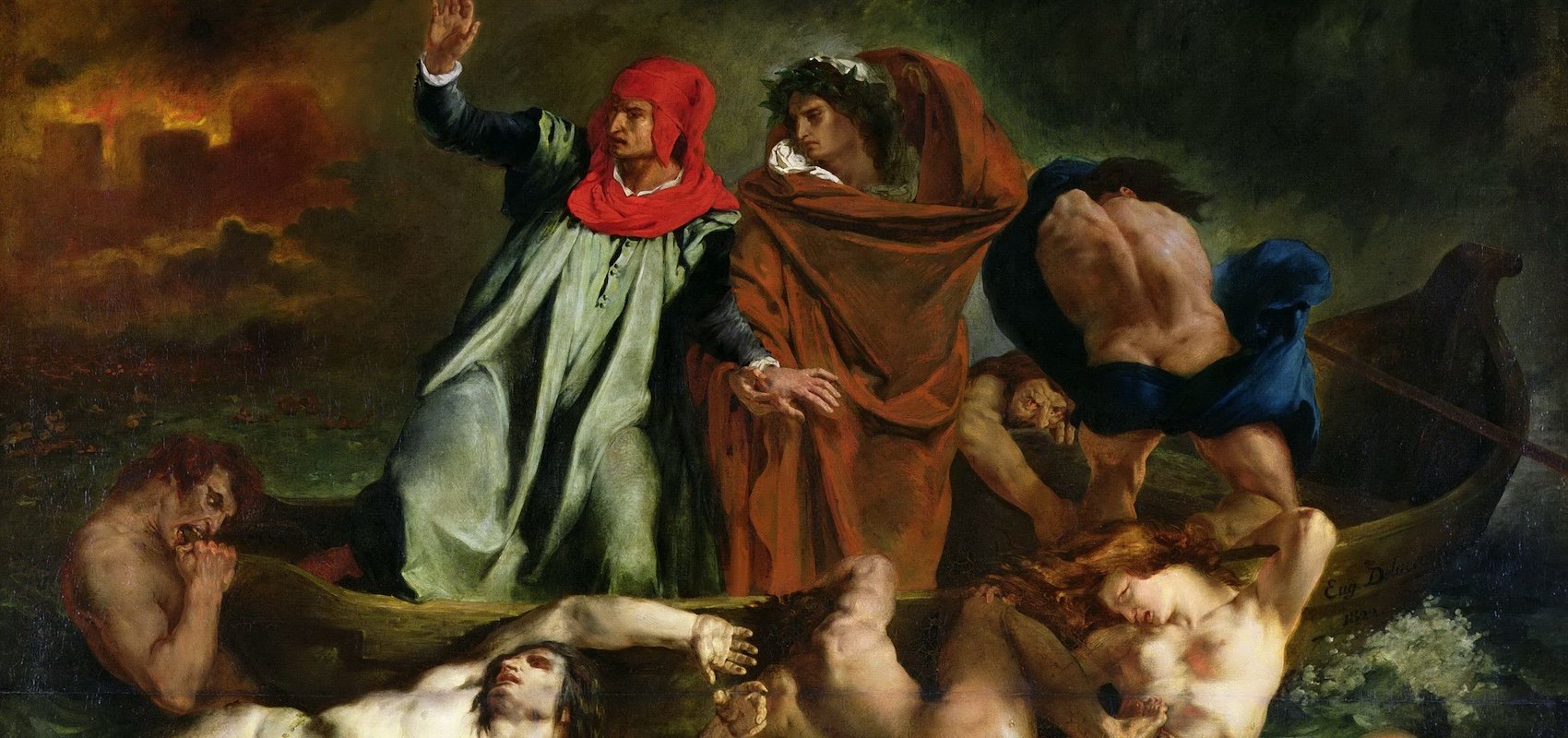Archive
More than thirty-five years of First Things articles at your fingertips
Articles

Conservatives and Culture
In a recent talk at the American Enterprise Institute, Dana Gioia remarked that “in the past half century, American conservatism has retreated from artistic culture.” He traces that retreat...
Winners of the Inaugural First Things Poetry Prize
We are pleased to announce that the winner of the inaugural First Things Poetry Prize is Josiah A. R. Cox for his poem “Two Owls.” Amit Majmudar, one of...
Introducing the First Things Poetry Prize
Perhaps you have heard: First Things has started a poetry prize. You can read about the submission requirements here. We will select two winning poems for publication and award...
Fight with Style
Bear the standard for religious orthodoxy with First Things. Make your contribution to our 2023 spring campaign today at firstthings.com/donate. In a 1991 First Things article on pop culture, Richard John Neuhaus...
The Integrity of Poetry
Last year marked the thirtieth anniversary of Dana Gioia’s Can Poetry Matter?, a follow-up to his famous 1991 article in The Atlantic. The article and book caused quite a...
Old Possum Ain’t Dead
Eliot After ‘The Waste Land’ by robert crawford farrar, straus and giroux, 624 pages, $40 When T. S. Eliot gave a lecture on “The Frontiers of Criticism” on April...
Why Read Literature?
In this week’s New Yorker , Adam Gopnik attempts to answer the question: “ Why Teach English? ” The fate of the English major is, as Gopnik notes, all...
Both an Original and a Man of His Time
American poet and critic John Hollander died this weekend . He was 83. Beginning with A Crackling of Thorns , which won the Yale Younger Poets Series in 1958,...
Are These Really the 25 Best Literature Sites?
I swore I’d never link to a Flavorwire click-bait list, but this one on the 25 best websites for literature lovers is worth reading. It’s also worth a few comments....
An Odd Report on the Humanities
On Wednesday, the Academy of Arts and Sciences published its report on the state and value of the humanities and social sciences. The “Commission on the Humanities and Social...
Holy Words of a Secular Culture
In short piece for The American Scholar , William Deresiewicz reflects on the holy words of a (supposedly) secular culture . These are words, Deresiewicz suggests, that are “possessed...
Negative Reviews
Following his piece on the policy at the Los Angeles Review of Books not to review first books negatively, D.G. Myers, Mark Athitakis, Joyce Carol Oates, Chris Bea,...
Edmund Wilson Says “No”
All writers know it’s difficult to get form rejection letters from magazines and journals, but take comfort: if you ever make it, you can send form rejection letters back ...
Kindle Highlighting and the American Mind
In a short piece for The New Republic , Noreen Malone examines the most frequently highlighted phrases from books available on the Kindle for what they tell us about...
Stream of Consciousness, Plot, and the Mind of God
In a short piece on novelist James Kelman’s latest work, Giles Harvey reflects on the tension between consciousness and plot in the modern novel. The object of the novelist,...
